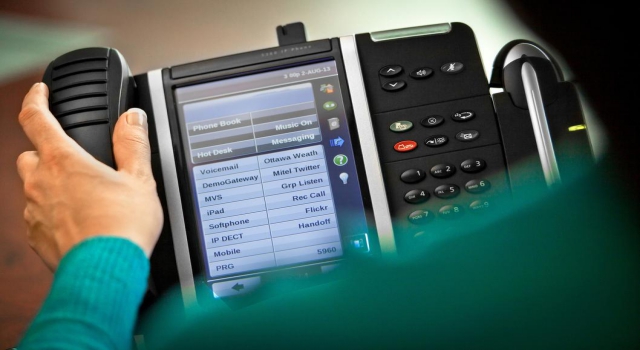Is IM Right for Your Business?
When used properly, business Instant Messaging can be an extremely useful addition to your company’s communications tools. IM reduces time and effort and helps your business react quickly to new challenges, competition and customer requests.
IM is catching on because it offers many benefits for small businesses. But there are drawbacks–and some outright risks–to consider as well. Here’s a look at IM’s pros, along with an at-a-glance view of IM services that small businesses should consider.
The Benefits
- Save time and effort. With IM, you type a quick message, hit “send” and a few seconds later, your message pops up on the recipient’s screen. IM cuts out the lag in e-mail response time and often lets you avoid a tiresome game of voicemail tag. In short, IM is a superb way to quickly communicate with a colleague, partner or supplier.
- Improve customer service. When used properly, IM can help you serve customers more efficiently. Many businesses now offer instant online support chat windows via their website.
- Stay connected. With mobile IM, you can instantly “chat” with customers and colleagues in busy airport lounges or other places where a phone conversation wouldn’t be feasible.
The Risks
- Security & Legal risks. As with any business communications tool, you or an employee may inadvertently write something that can cause or complicate legal issues later. For example, two employees swapping crude jokes via IM could subject your business to a sexual harassment suit from an offended employee. E-mail and IM are often admitted as evidence in legal proceedings, too. Keep an archive of IM messages, for legal reasons, and back it up regularly.
- Decreased productivity. When used improperly, IM can be an ongoing distraction for employees. Compile a list of IM do’s and don’ts for employees to follow.
- Limited interoperability between IM systems. Most IM systems still don’t enable users to swap messages with anyone outside the system. As a result, many IM users sign up for multiple services.
The Options
After weighing the pros and cons, you may want to give IM a try. Among the IM services small businesses might consider are:
- Google Hangouts is available in various web, native and mobile applications. It appears as an extension in a Gmail user’s window, allowing for easy communication with email contacts.
- Skype allows Internet users to communicate with others through video, voice and instant messaging. The instant messaging aspect of the service, while perhaps not its most popular function compared to video conferences, is used by many.
- Facebook released Facebook Chat in 2008, allowing users to instant message one friend or multiple people through the groups feature while logged into the social network. In 2011, Facebook announced the incorporation of video in Chat — integrated with Skype — and has also released the mobile app Facebook Messenger.
Before signing up for an IM service, however, ensure that you’ve got the necessary network and computer security in place. At a minimum, your network should have end-to-end security, firewall protection and encryption for all IM communications.






